
Theodor Luts (14 August [O.S. 2 August] 1896 in Palamuse – 24 September 1980 in São Paulo) was an Estonian film director and cinematographer, brother of classic writer Oskar Luts. Theodor Luts was the first major figure of Estonian cinematography. His Noored kotkad (Young Eagles) (1927) is generally regarded as the cornerstone of Estonian cinema. Päikese lapsed (Children of the Sun) (1932), directed by Luts, was the first Estonian full length sound film. After the Great Depression hit Estonia in the 1930s Theodor Luts produced mostly documentaries for a state subsidized film studio Eesti Kultuurfilm and also had a successful career in Finland. Twenty-four films by Theodor Luts made in Estonia have survived and are held at the Estonian Film Archives. Feature films directed by Luts in Finland include Salainen ase (1943) and Varjoja Kannaksella (1943). After World War II and the Soviet occupation of Estonia, Luts emigrated to Brazil with is wife, actress and filmmaker Aksella Luts, where he directed Caraça, Porta do Céu in 1950
Birthday: August 14, 1896
Death: September 24, 1980
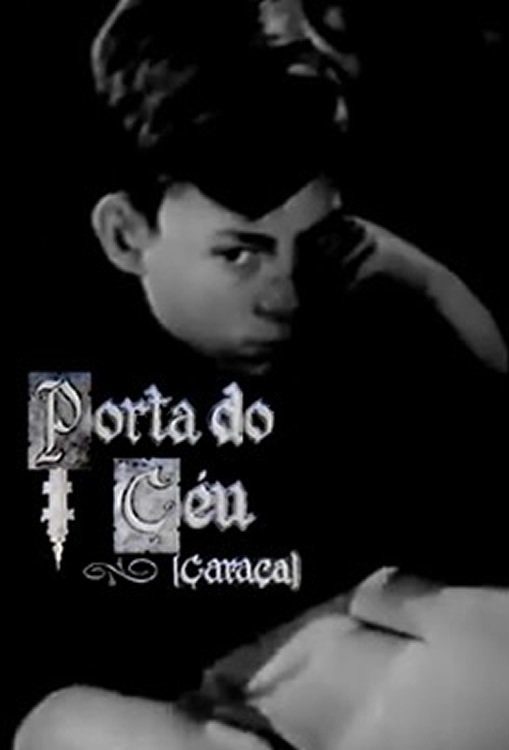
April 03, 1950

November 19, 1927
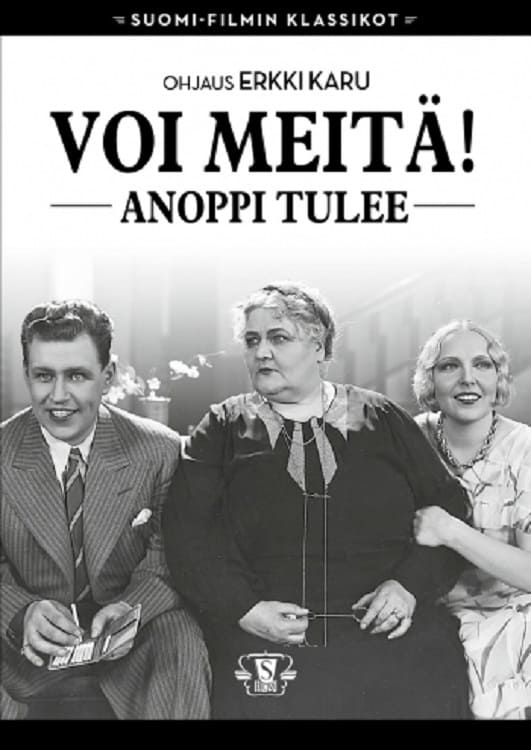
April 30, 1933
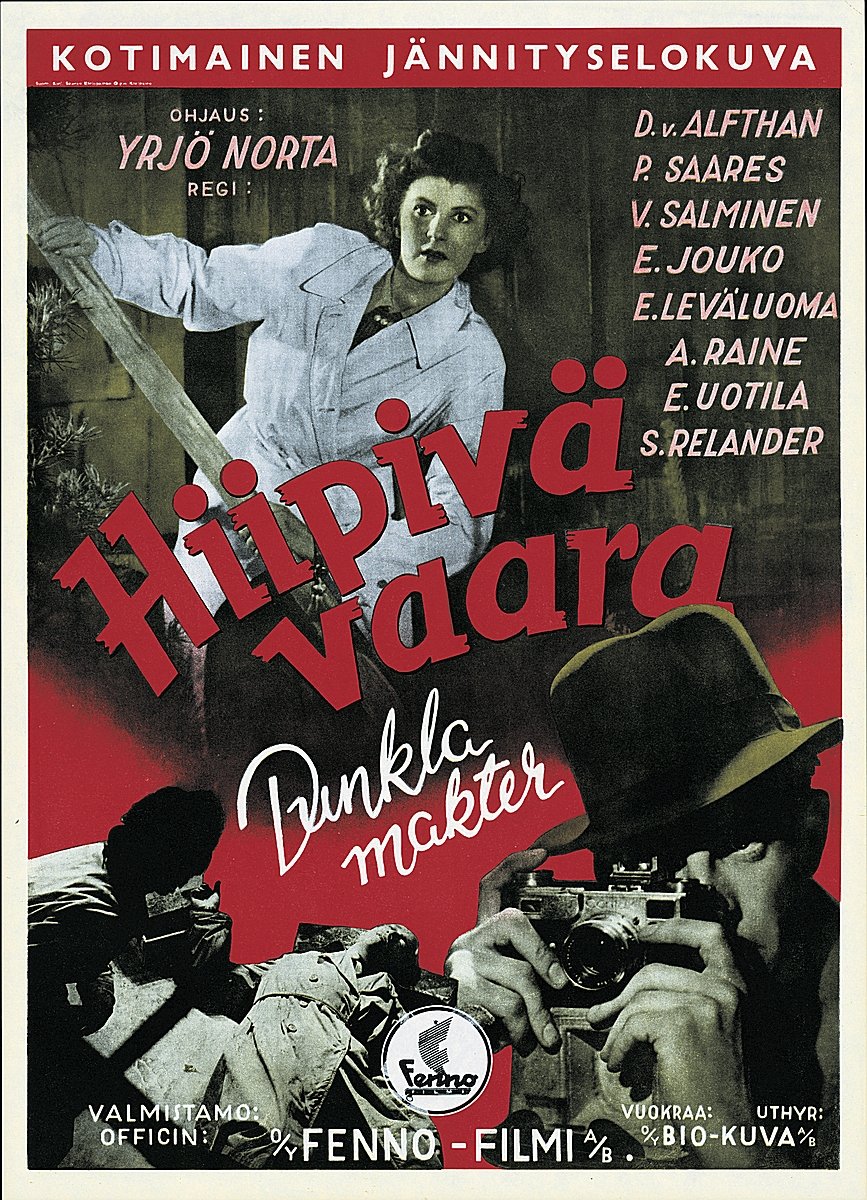
November 05, 1944
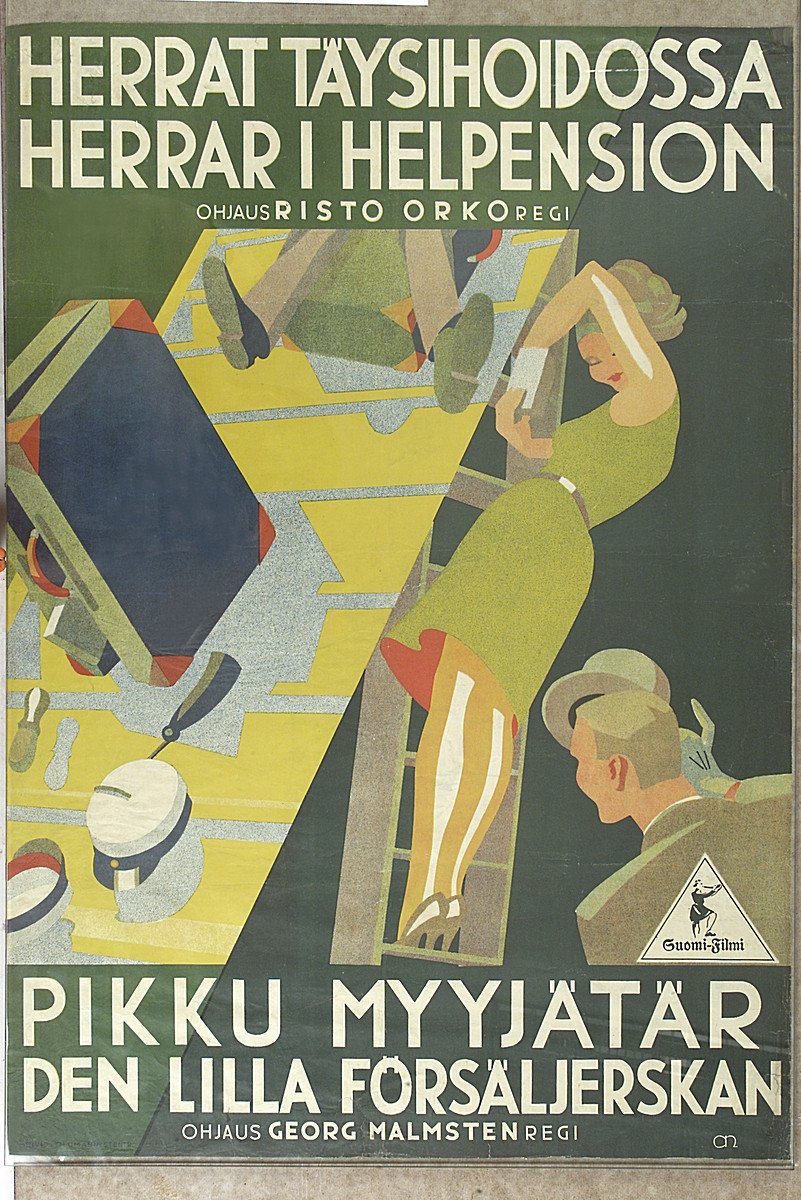
December 03, 1933

March 18, 1934
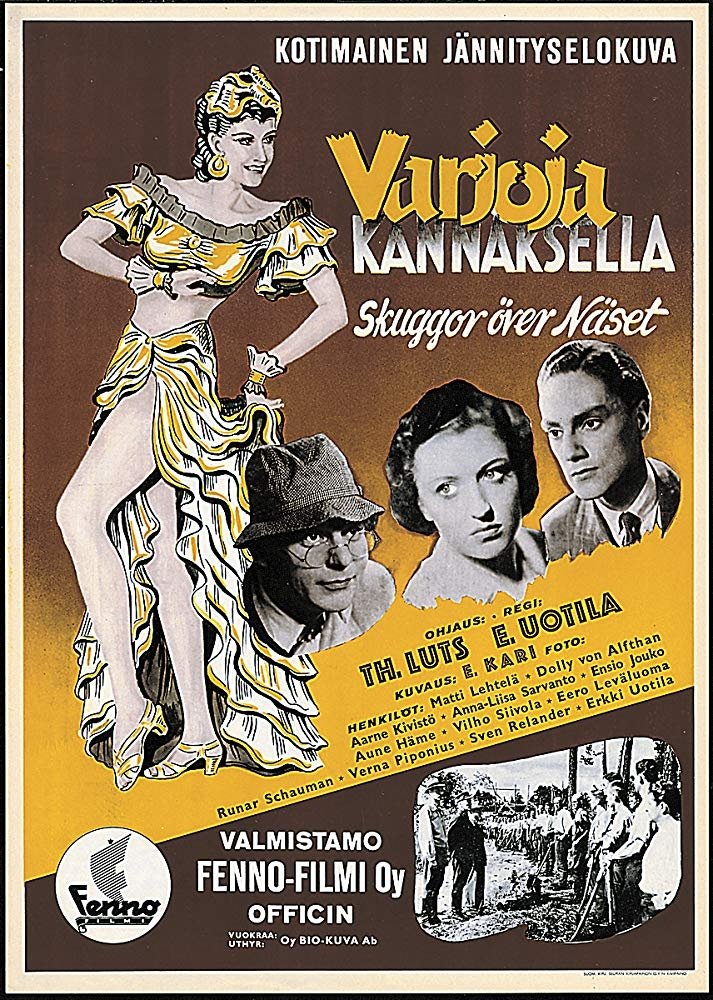
November 07, 1943

May 26, 1931
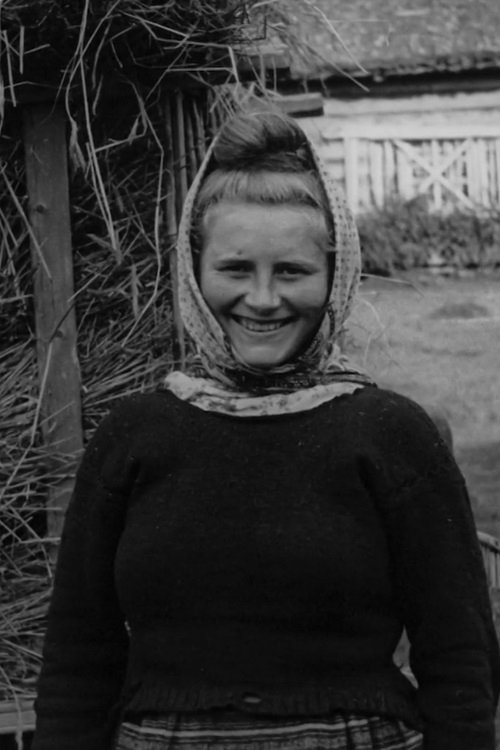
May 26, 1931
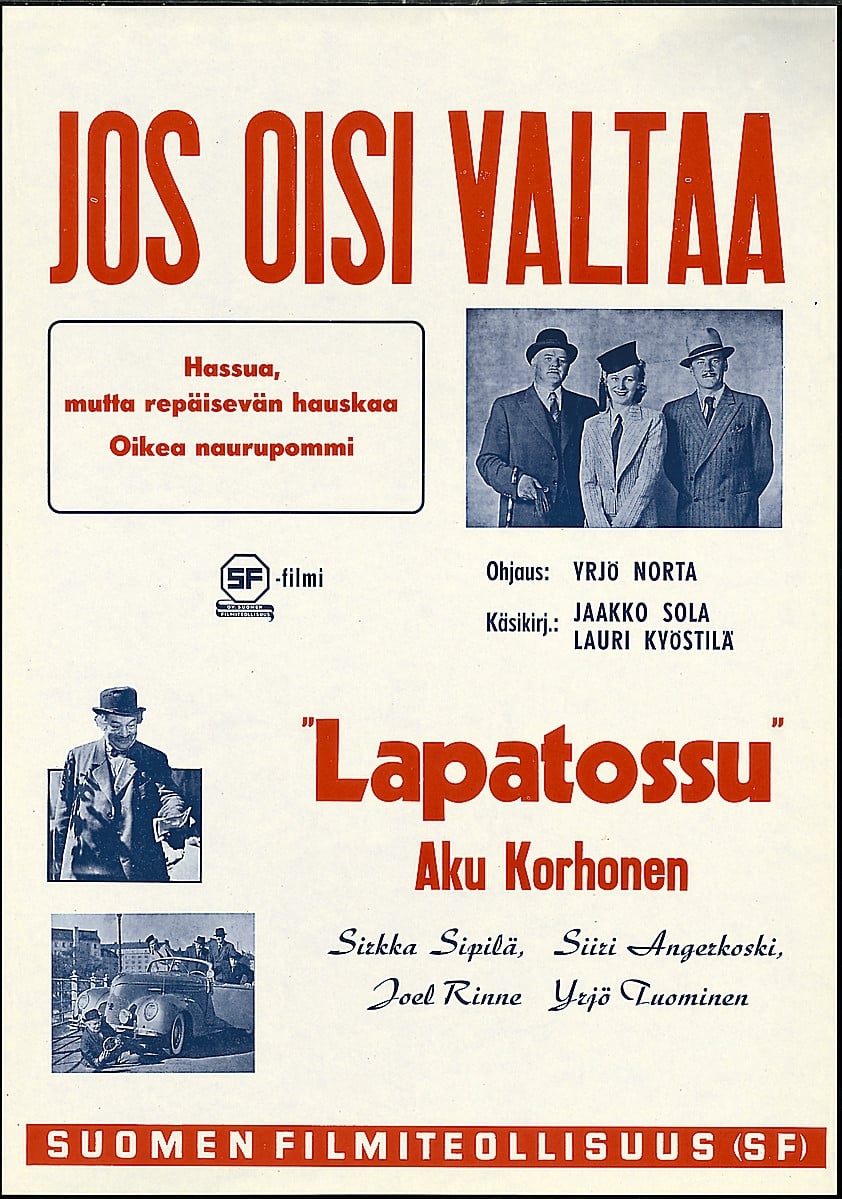
February 23, 1941
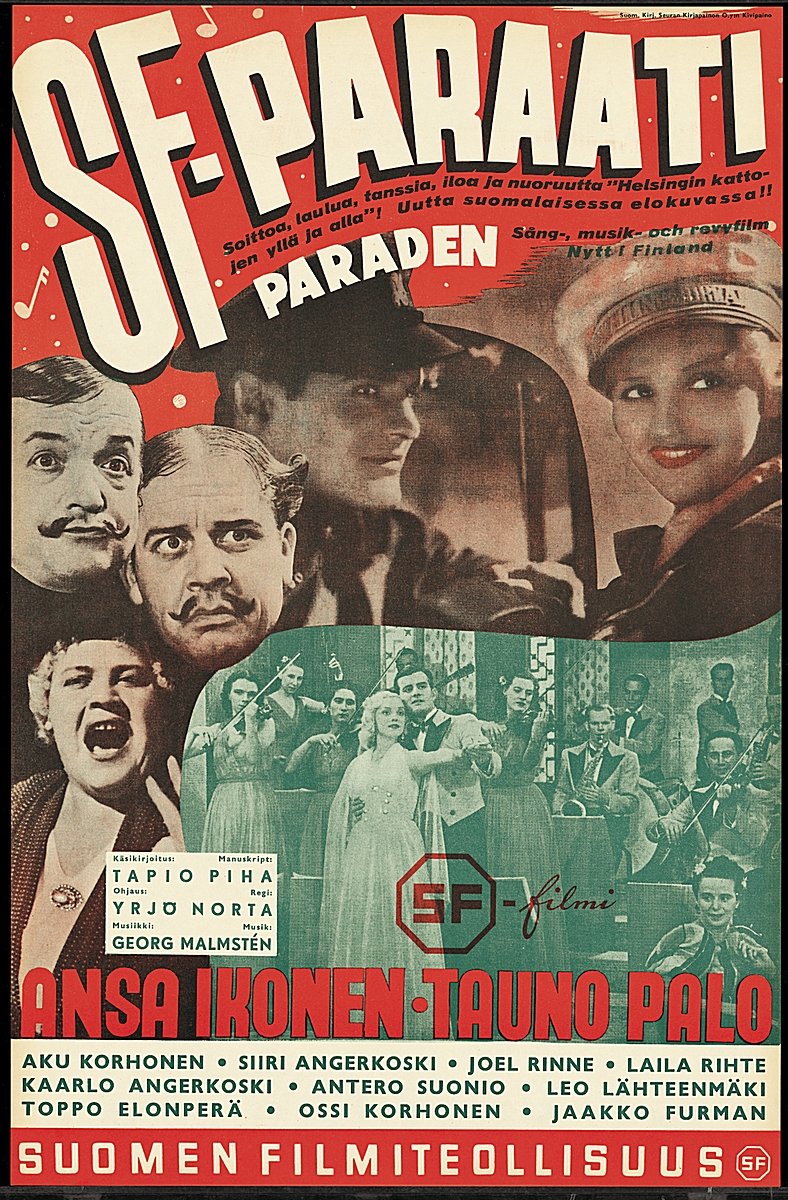
May 12, 1940
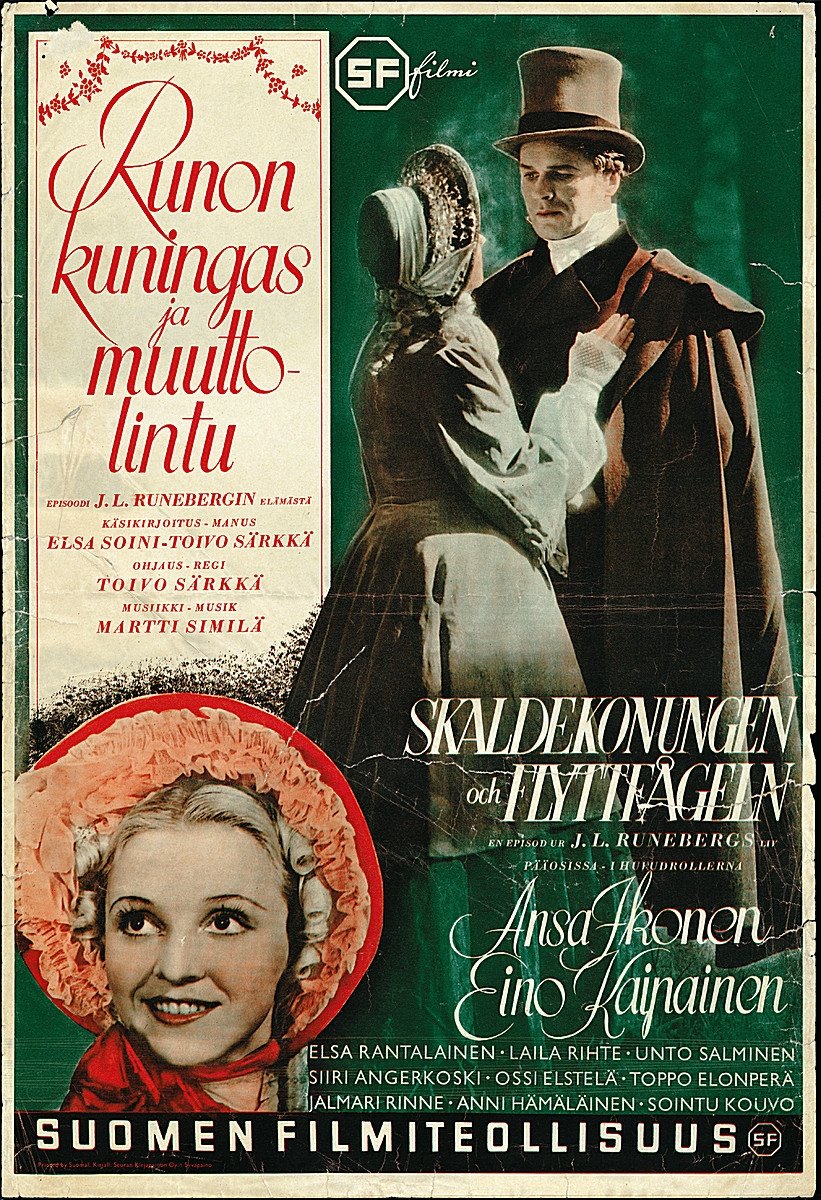
October 06, 1940
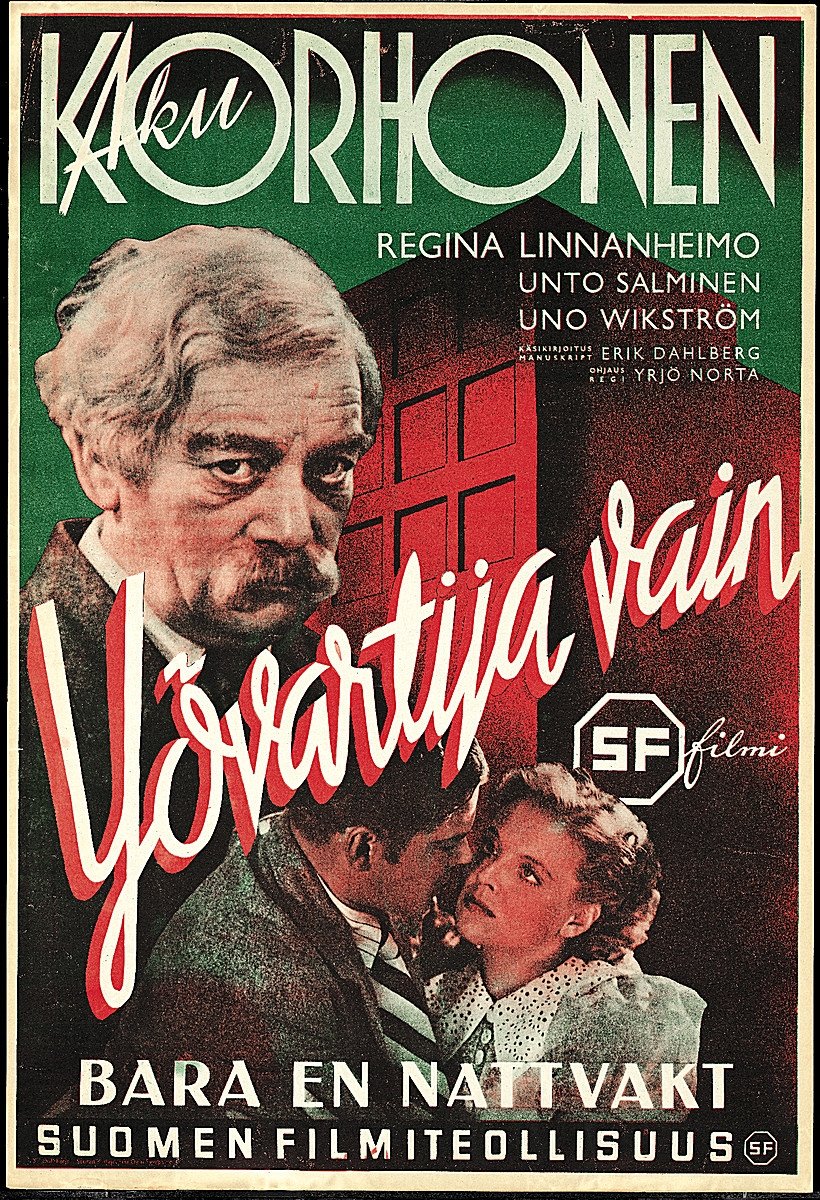
December 01, 1940

December 03, 1933
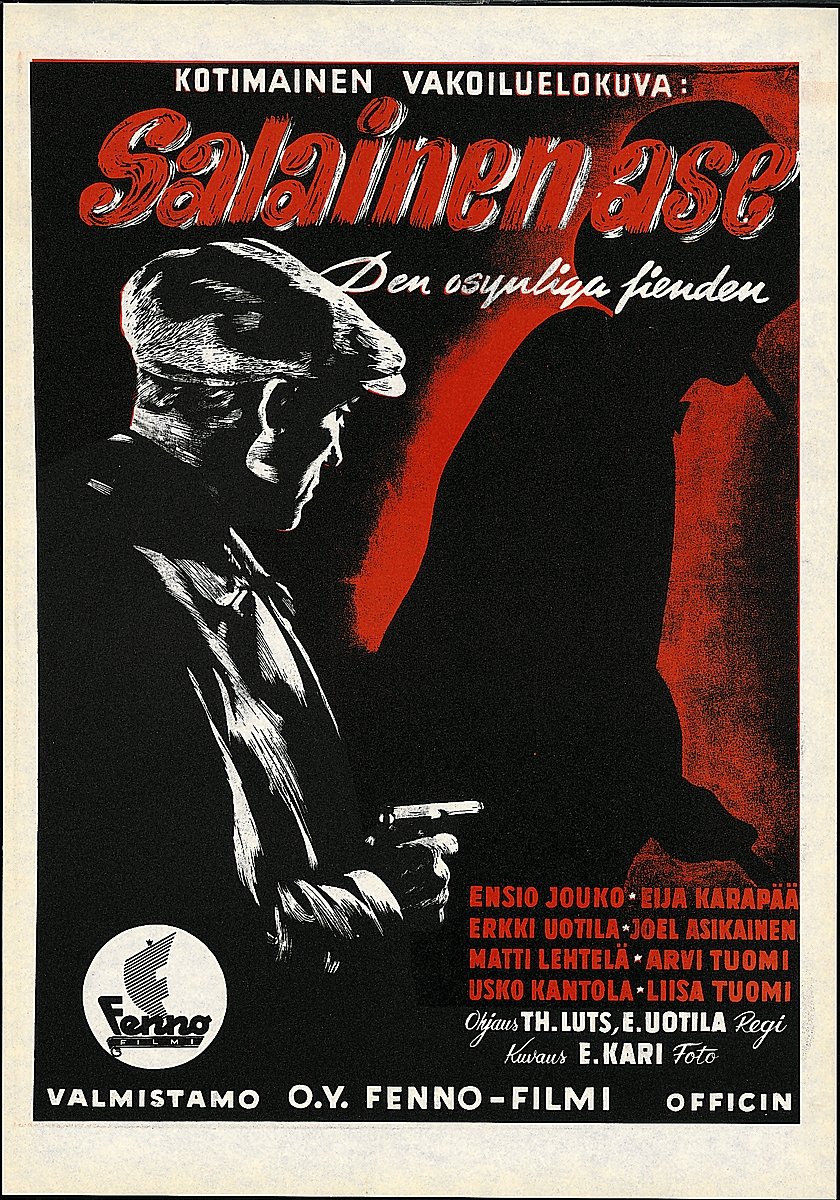
January 01, 1943
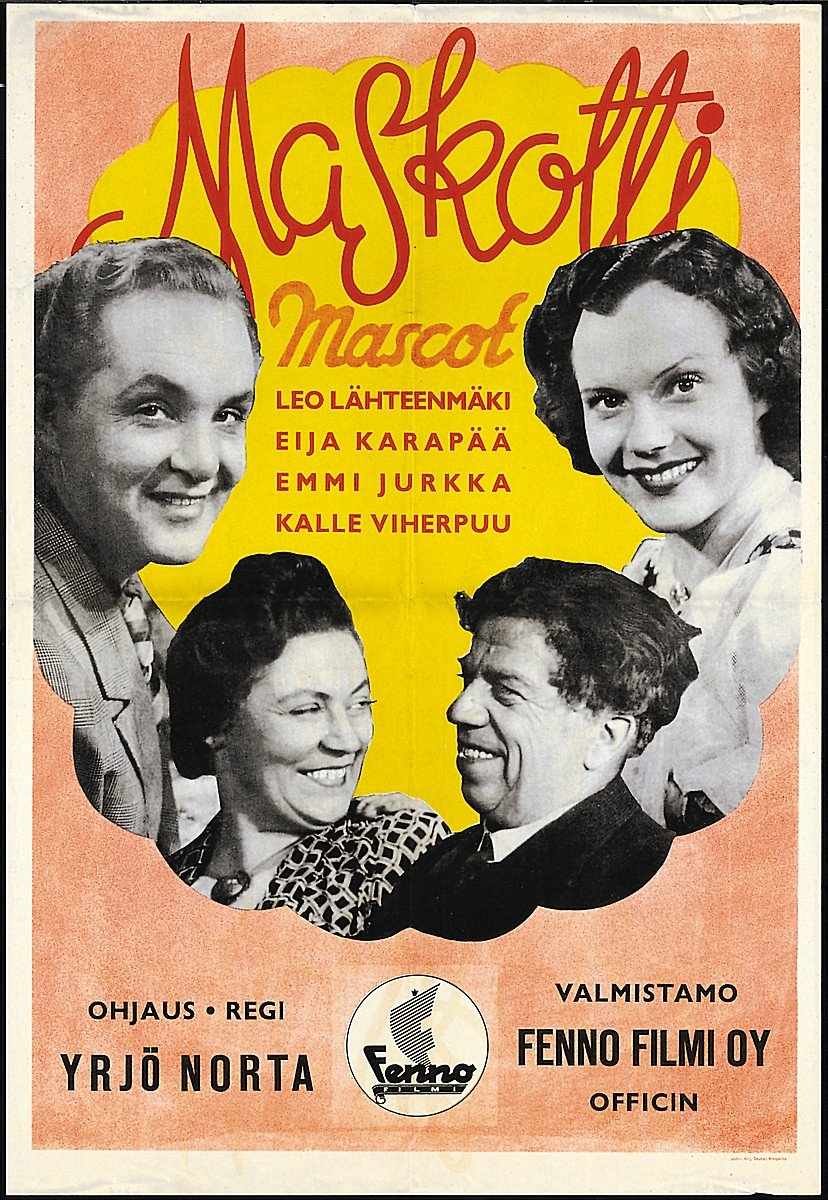
October 03, 1943
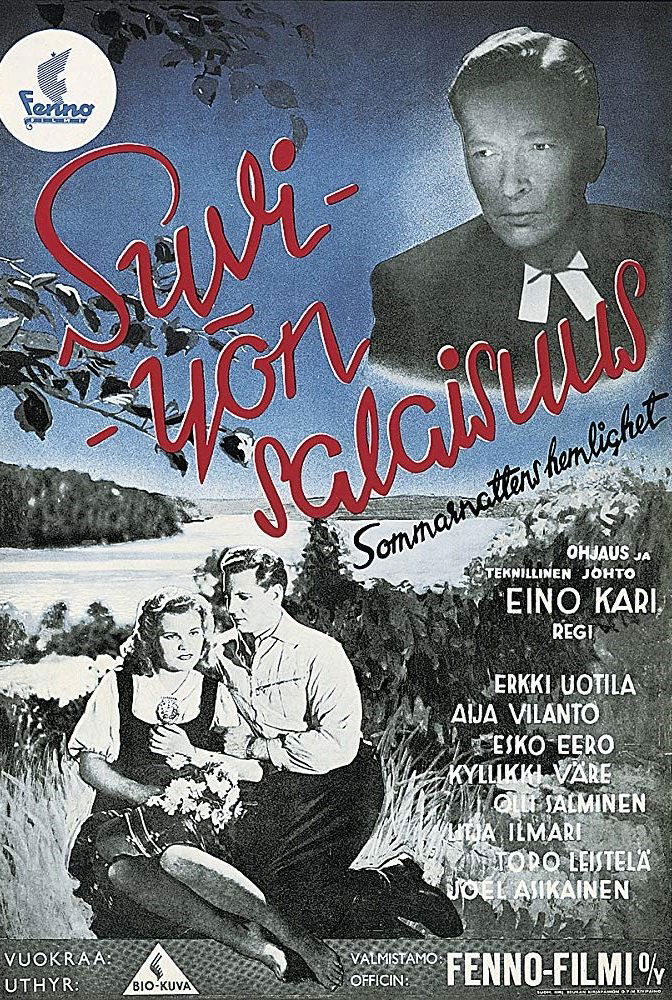
January 14, 1945
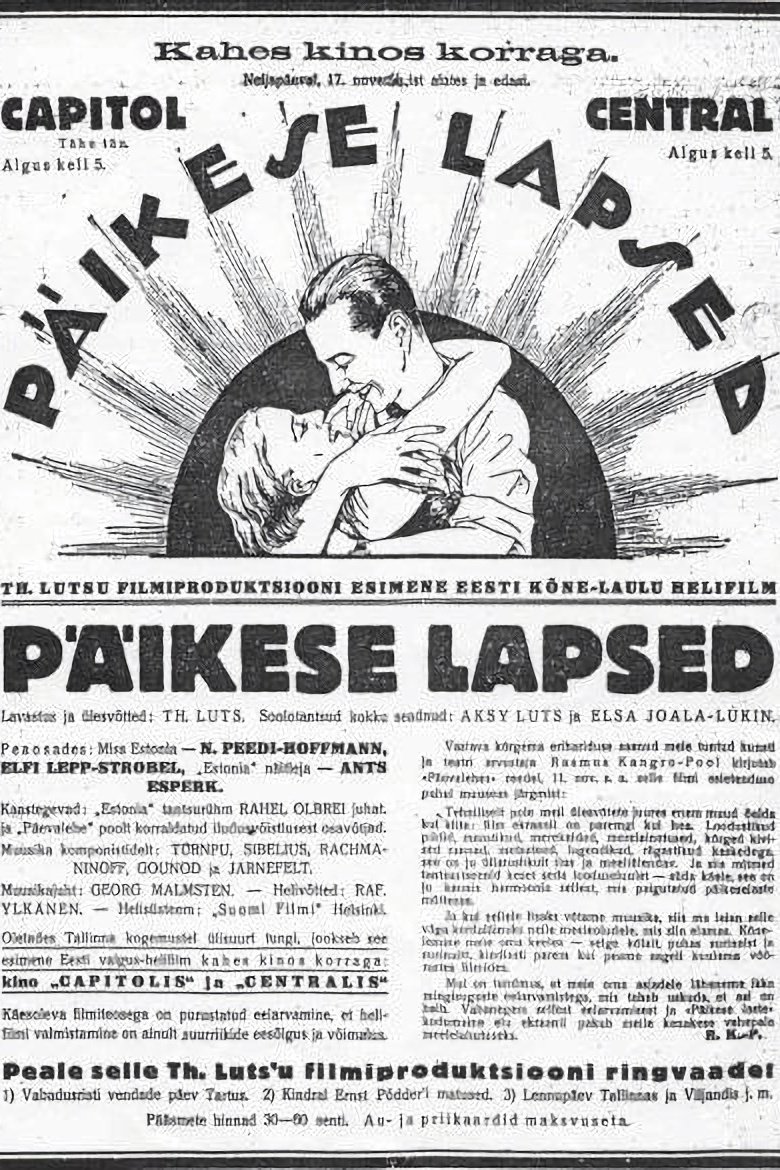
November 03, 1932
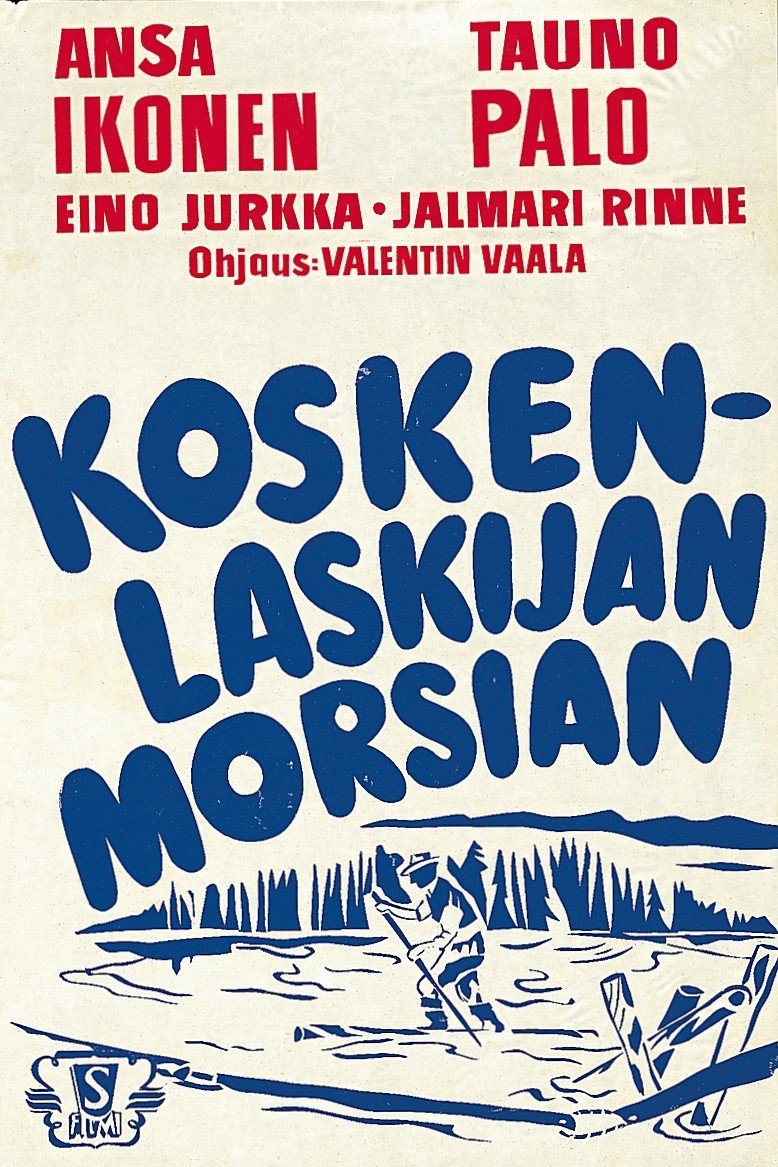
March 28, 1937
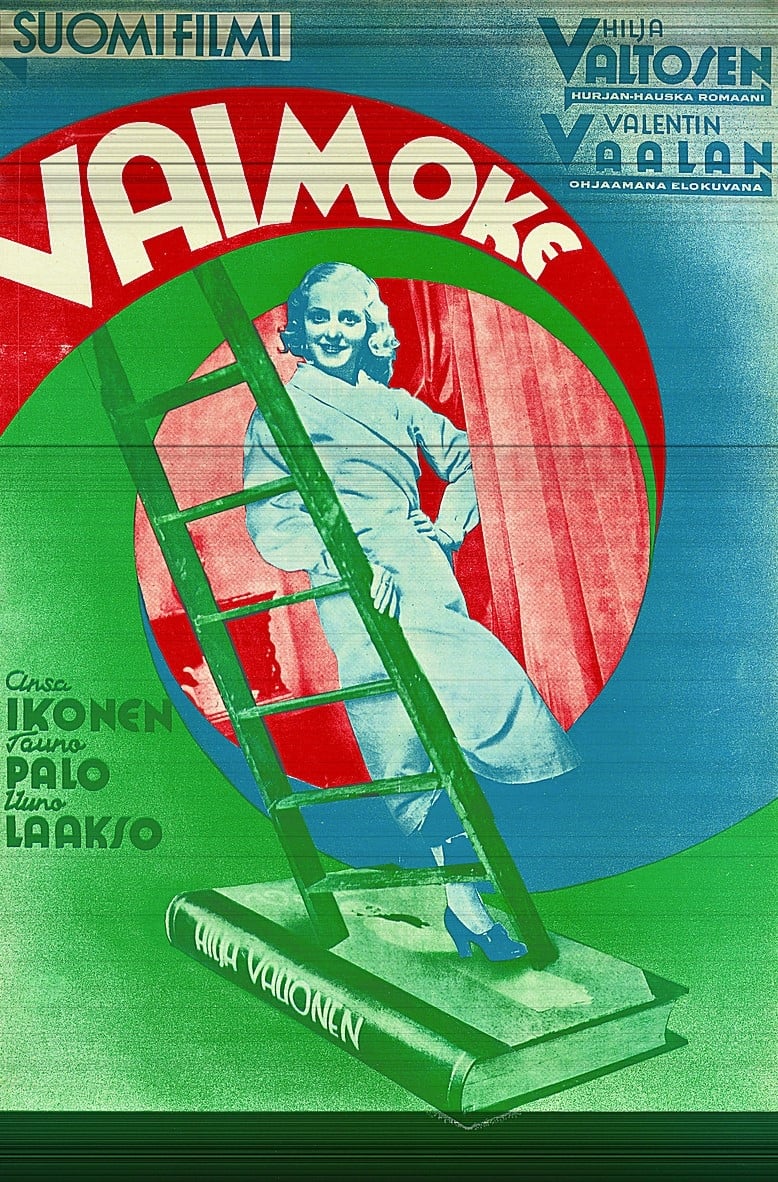
April 12, 1936
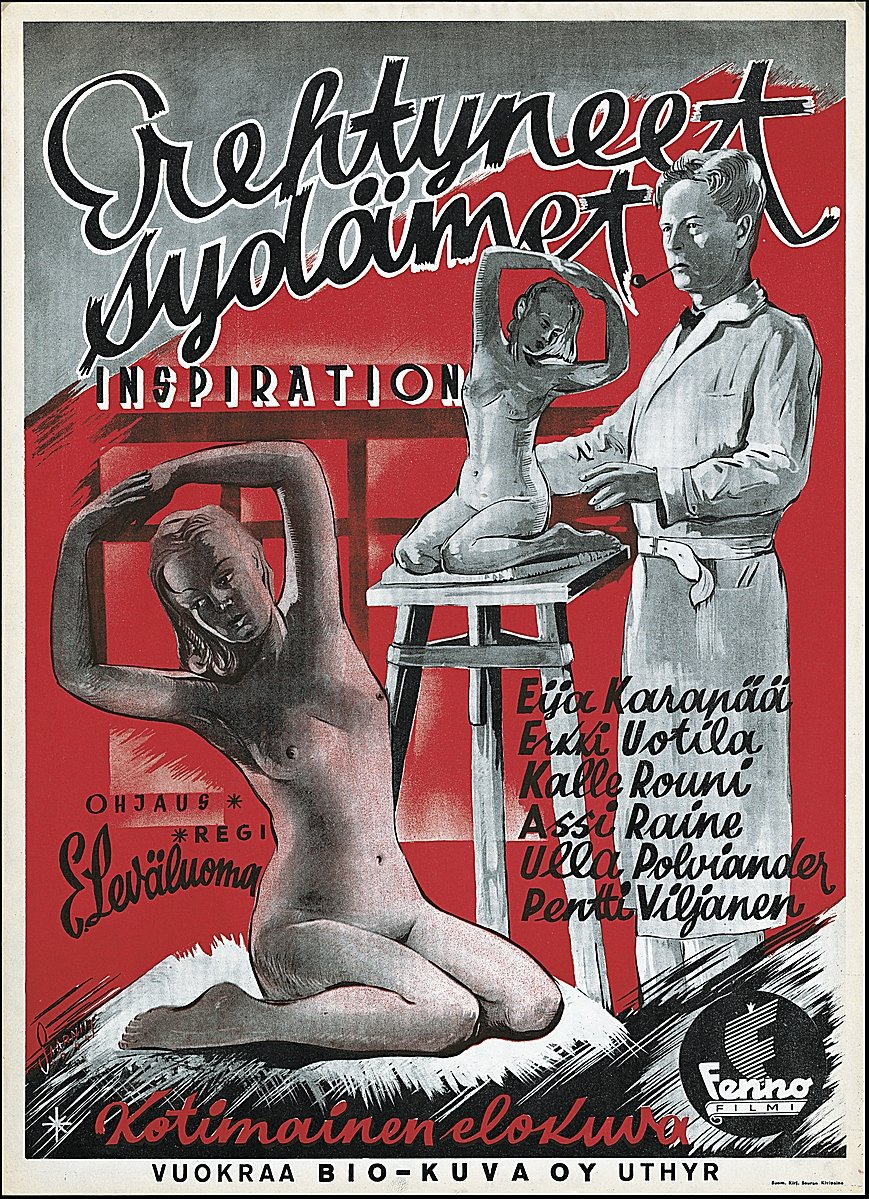
April 07, 1944
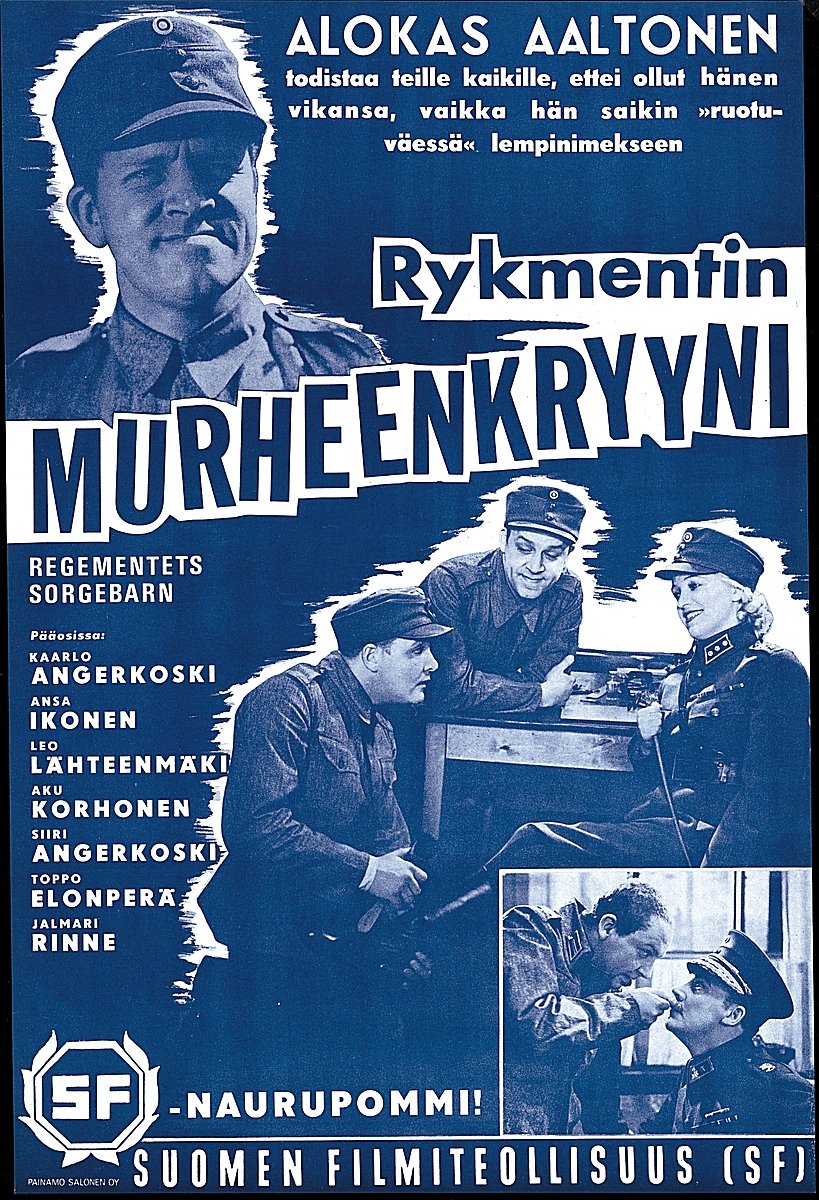
October 30, 1938
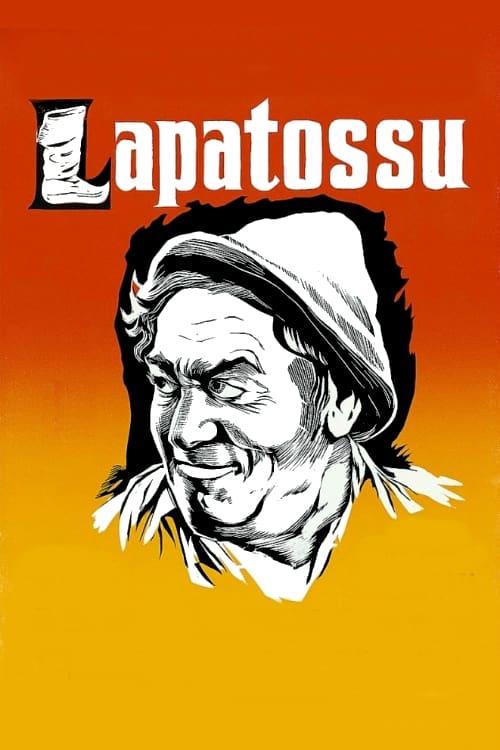
October 31, 1937
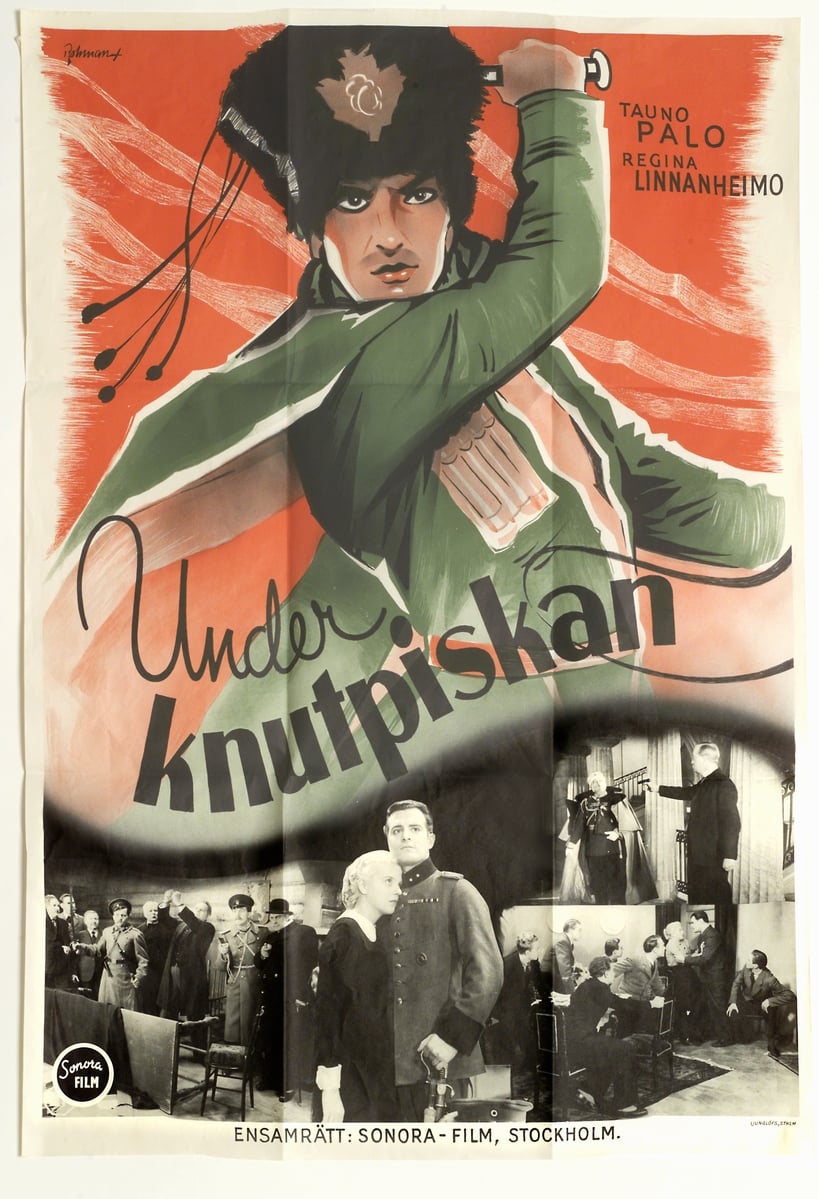
February 19, 1939
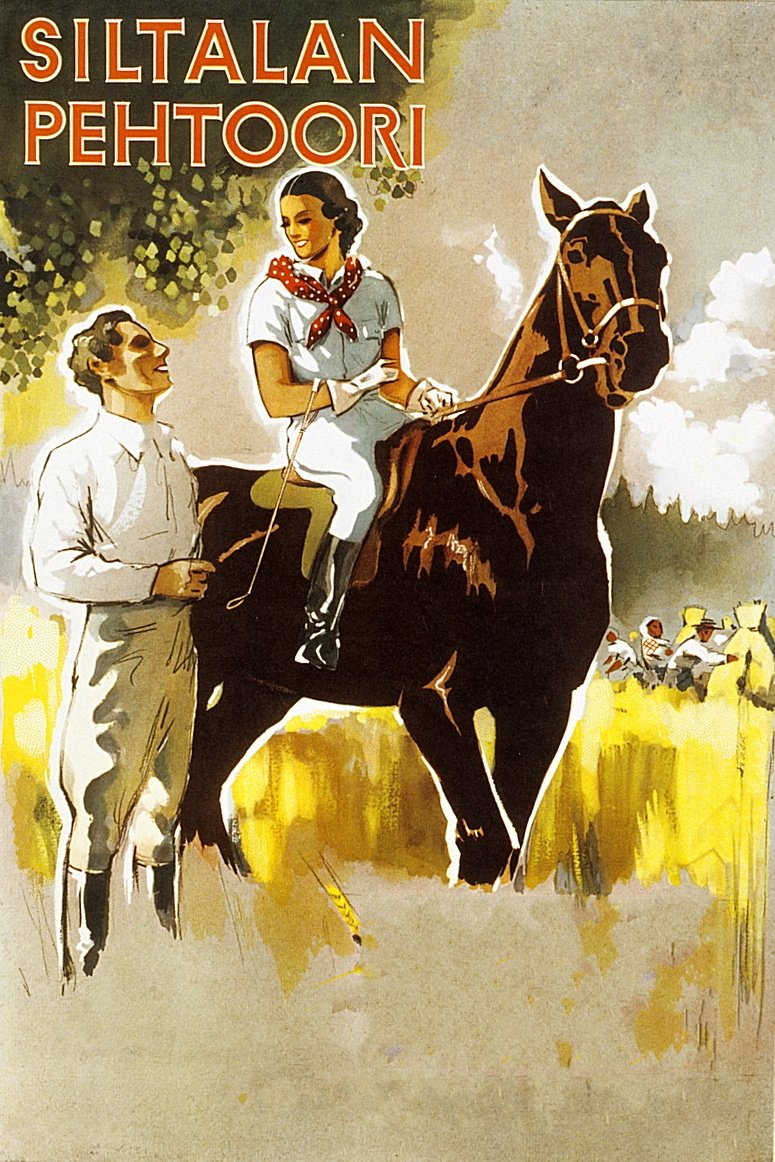
November 11, 1934

September 03, 1939
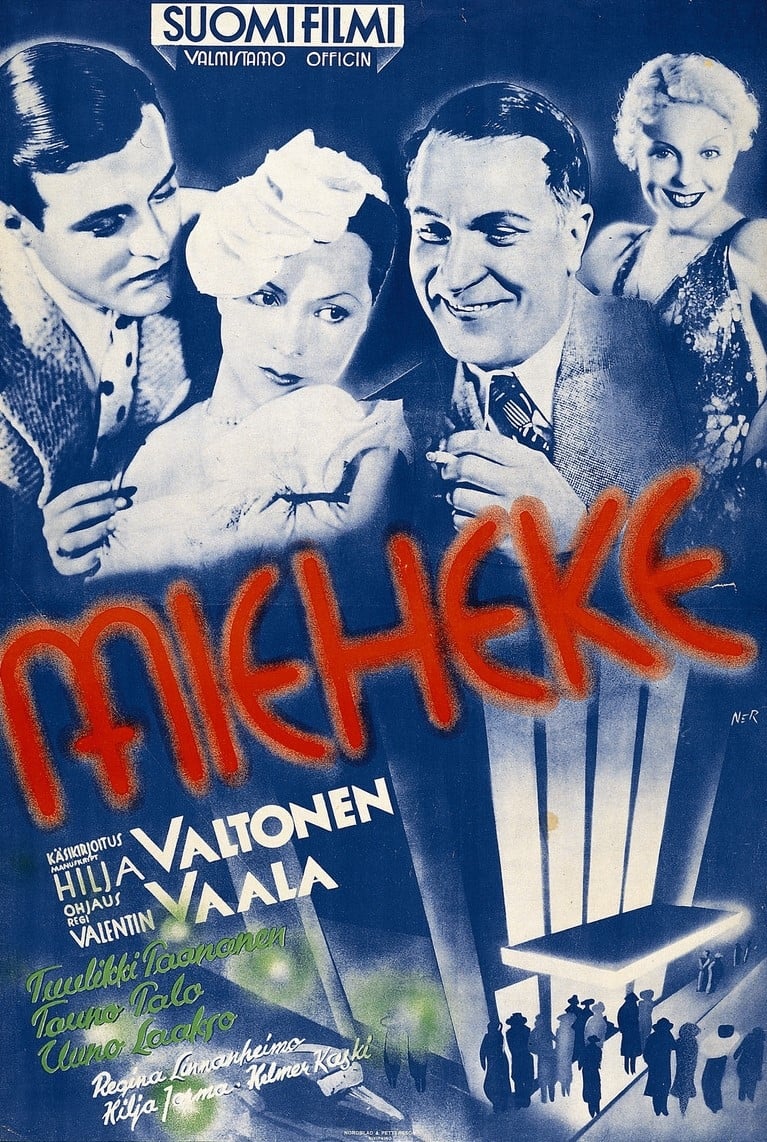
December 20, 1936
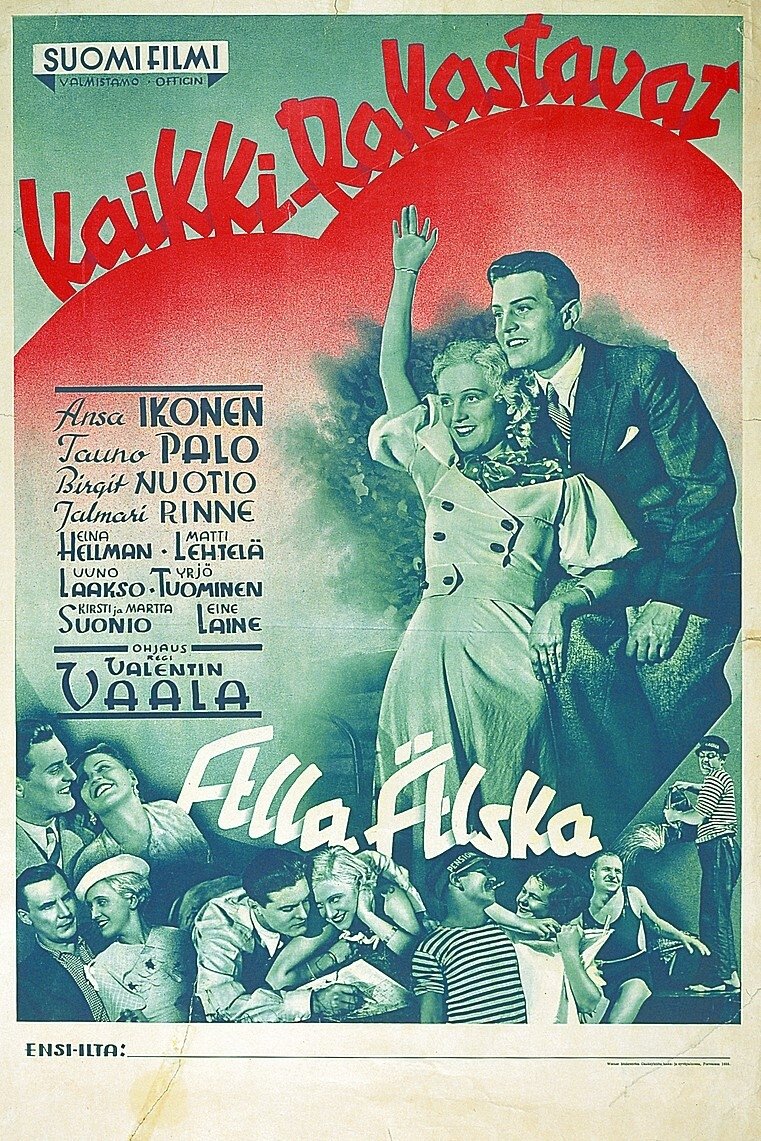
November 24, 1935
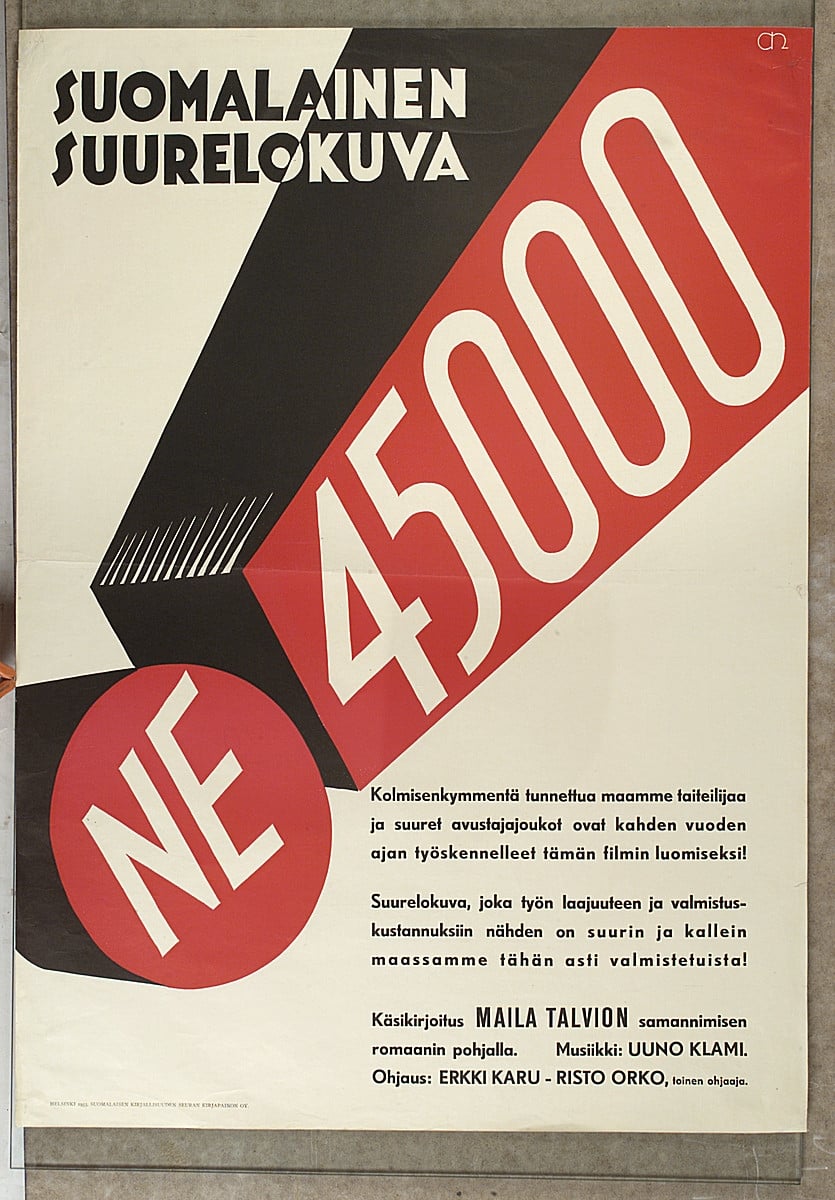
November 12, 1933
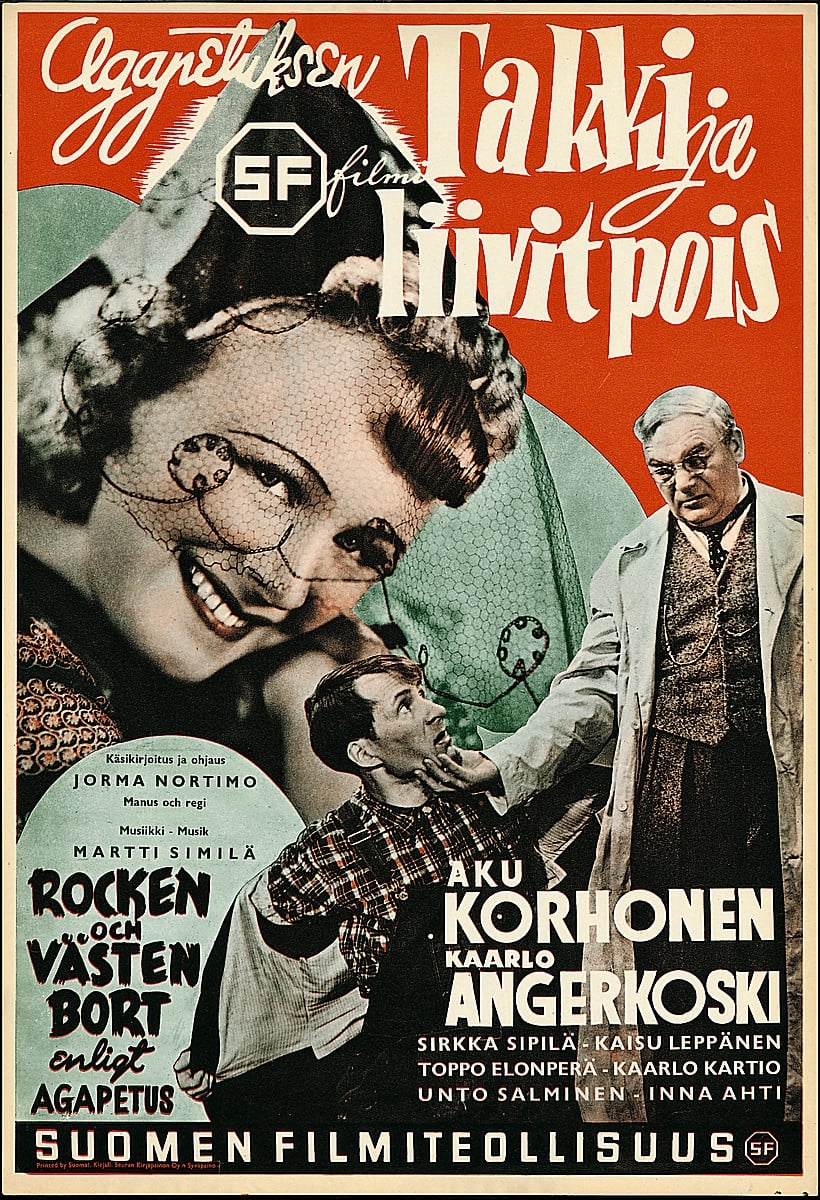
April 30, 1939
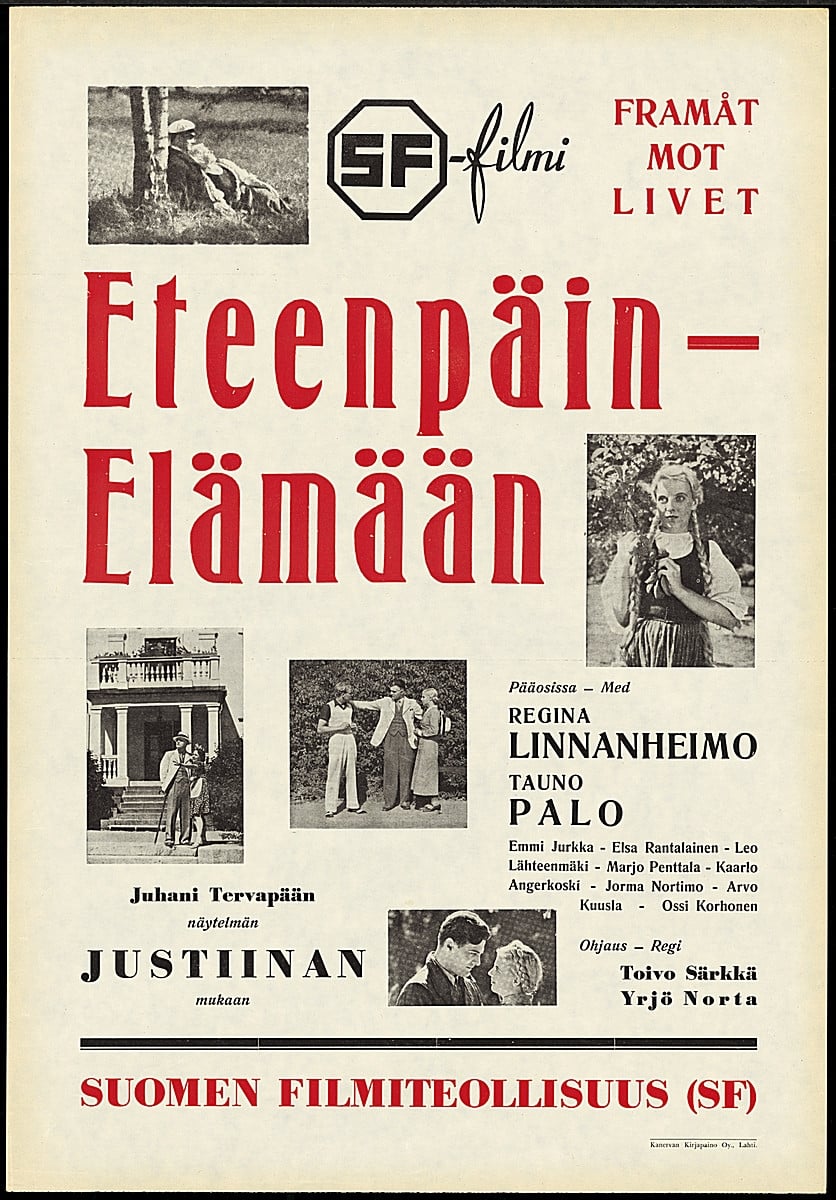
January 29, 1939
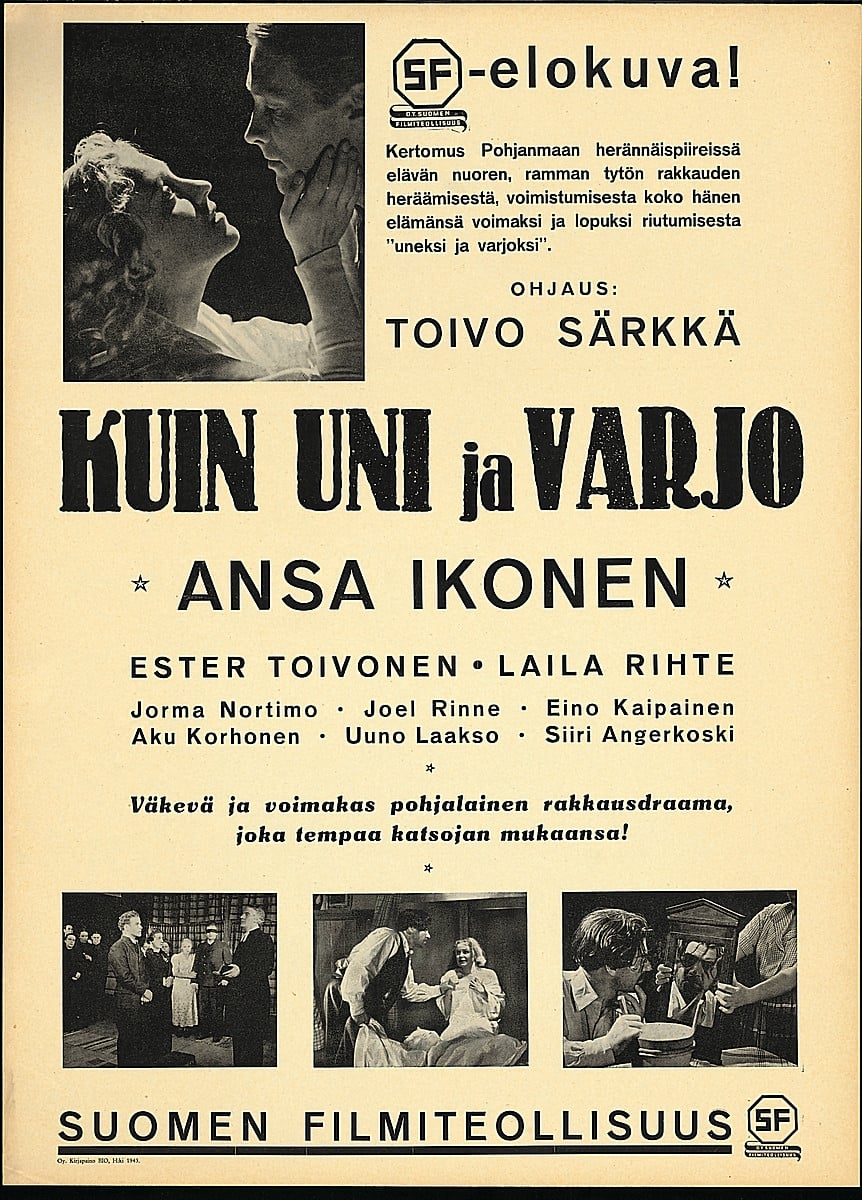
September 26, 1937
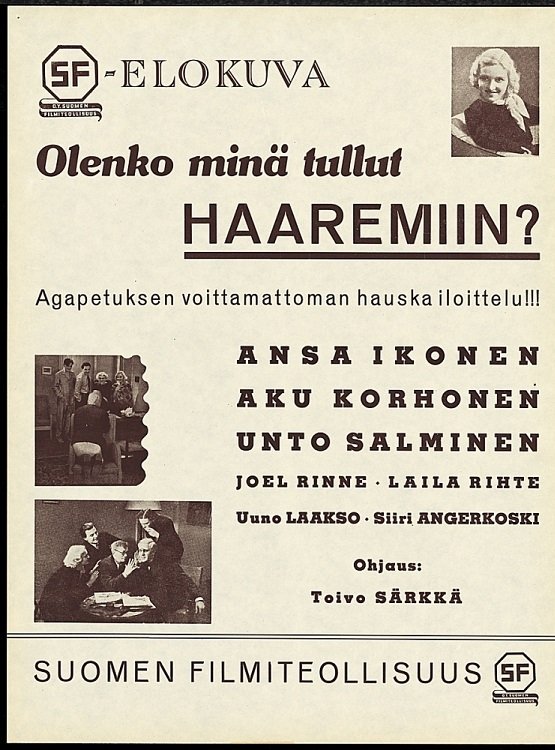
February 26, 1938
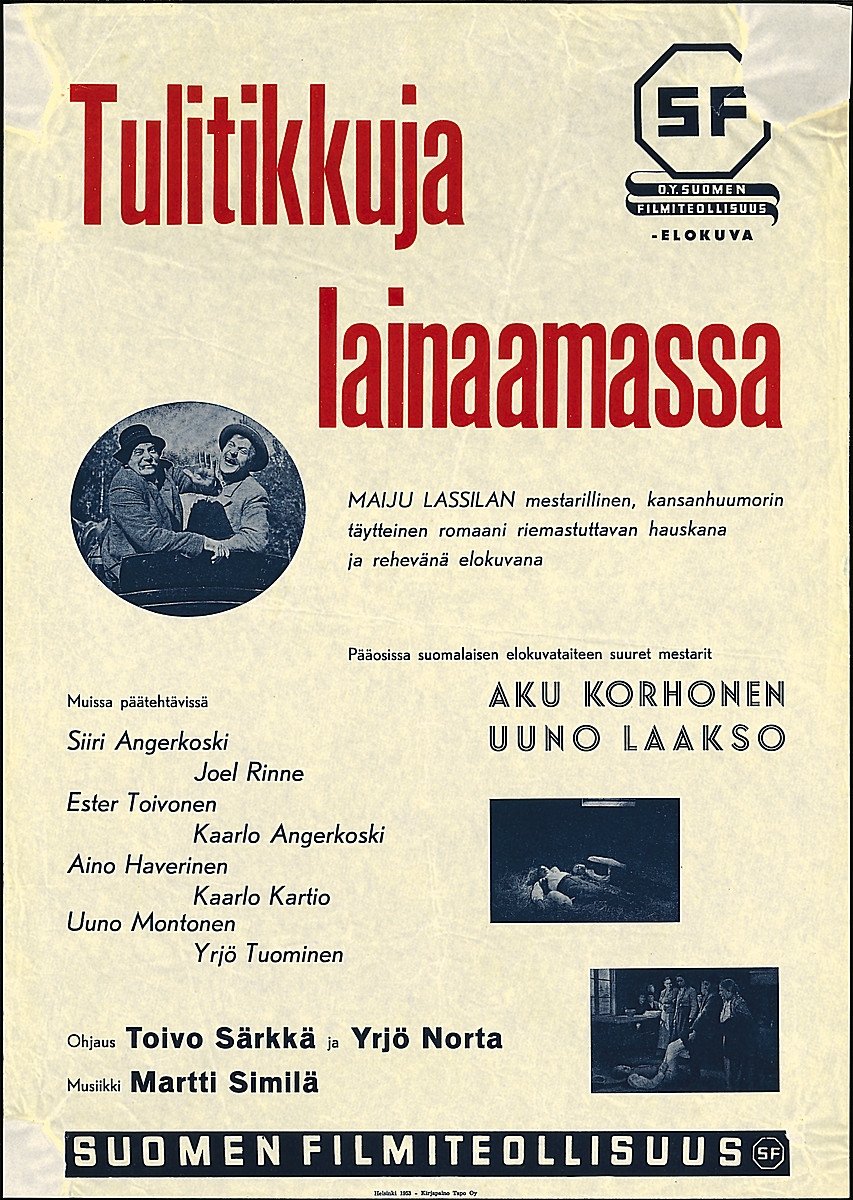
January 30, 1938
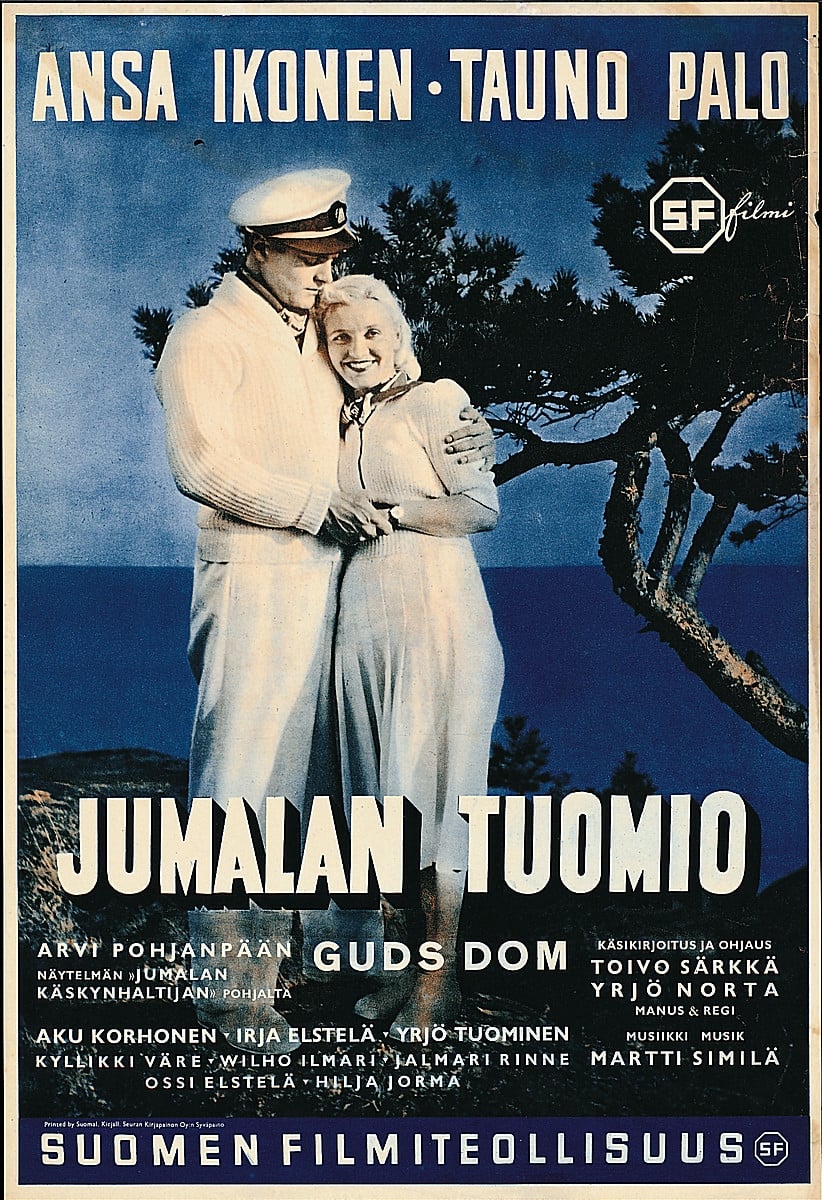
April 02, 1939

December 31, 1931